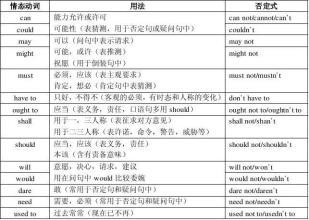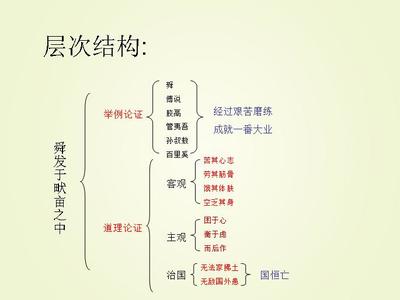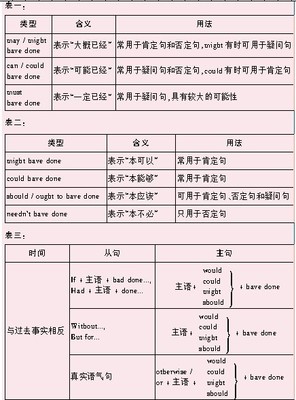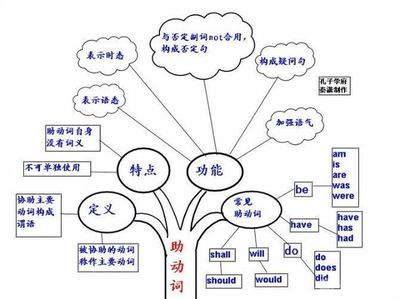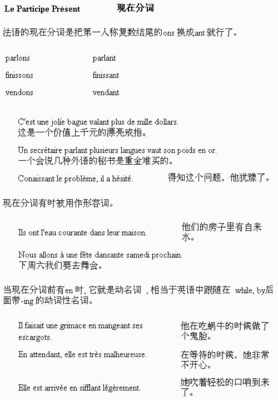discover有发现;偶然撞见;发觉等意思,那么你知道discover的用法吗?下面跟着小编一起来学习一下,希望对大家的学习有所帮助!
discover的用法大全:discover的用法1:iscover的基本意思是“除去覆盖物,使之显示出本来的面目”。引申则表示“发现”,指发现的对象本来存在,但人们不知道而被发现者所发现,可指人发现人、物或地方,也可以指人发现特定的活动或科学规律。discover的用法2:iscover也可表示出乎意料地撞见〔碰见〕某事物或了解到、认识到、发觉某事物,由此引申可表示弄明真相或找到答案。discover的用法3:iscover是及物动词,可接名词、代词、带疑问词的不定式、that/wh-从句作宾语,也可接以动词不定式、现在分词和“to be+ n./adj./prep. -phrase”充当补足语的复合宾语。可用于被动结构。discover的用法例句:1. The turning point in the process of growing up is when you discover the core of strength within you that survives all hurt.
当你从内心深处找到一种可以忍受一切痛苦的坚强力量时,你的成长历程就会出现飞跃。
2. Discover the delights and luxury of a private yacht.
体验私人游艇的乐趣和奢华。
3. He was stunned to discover cost overruns of at least $1 billion.
他震惊地发现花费至少超了10亿美元。
4. We happened to discover we had a friend in common.
我们凑巧发现我们有一个共同的朋友。
5. The newly discover-ed notes are nothing more than Lang's personal journal.
新发现的笔记只不过是朗的个人日志。
6. It was difficult for the inspectors to discover which documents were important.
检查员们很难发现哪些文件是重要的。
7. It is upsetting to discover that you have backed a loser.
发现自己的投注对象输了是一件让人心烦的事。

8. Haskell did not live to discover the deception.
哈斯克尔至死都没识破那个骗局。
9. We may begin to discover overlaps.
我们可能开始发现交叉的部分了。
10. We have to discover his plans and act accordingly.
我们得找出他的计划,照着办。
11. The police are trying to discover the identity of the killer.
警方正努力调查杀人凶手的身份。
12. An inquest was held to discover the cause of death.
对死亡原因进行了调查。
13. It was a shock to discover the truth about his sordid past.
他以往的丑行被发现时,人们感到震惊。
14. He was pleasantly surprised to discover that he was no longer afraid.
让他惊喜的是他发现自己不再害怕了.
15. They discover that the new teacher is a martinet.
他们发现新来的老师非常严格.
 爱华网
爱华网